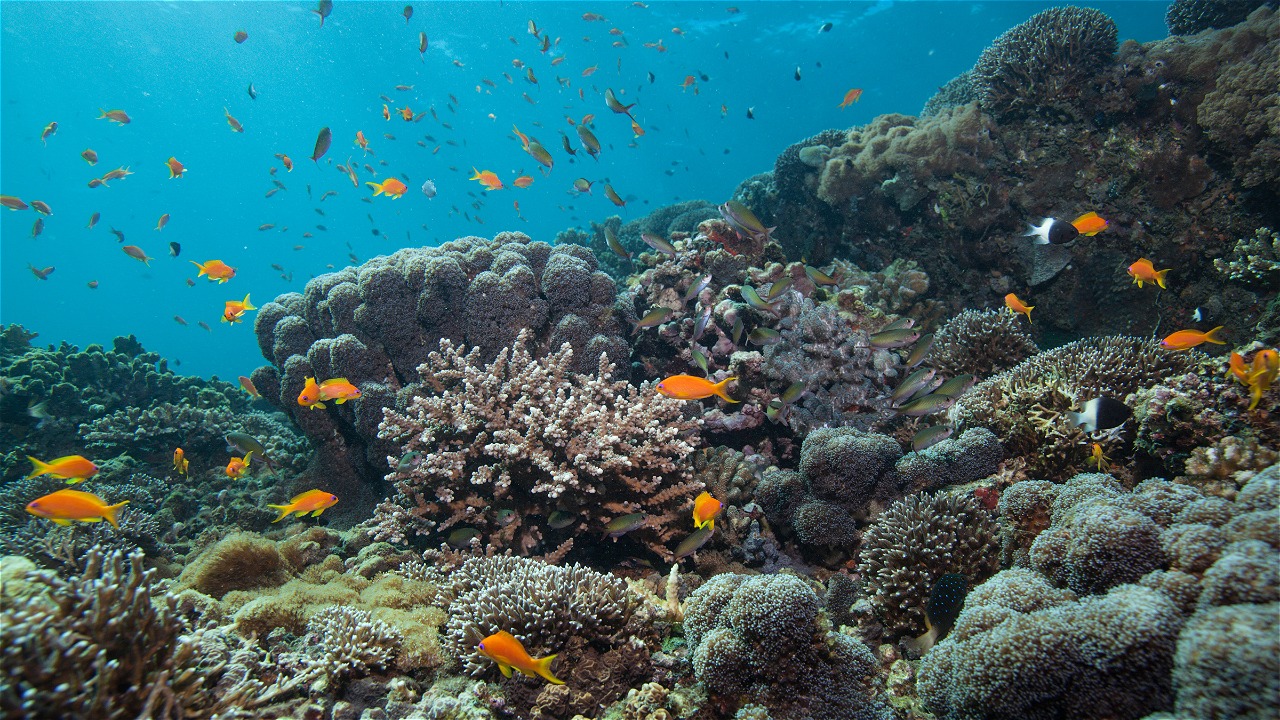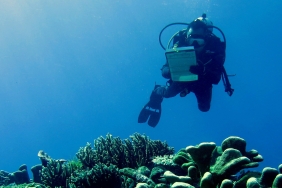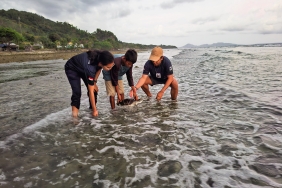ASSESSING COMPLIANCE TO IMPROVE SUSTAINABLE SHELLFISH FISHERIES PRACTICES IN SIDOARJO
By: Fransiska Sonya Puspita (Capture Fisheries Assistant)
Sidoarjo Regency is one of the districts that has high potential for capture fisheries. One of the leading capture fisheries commodities is shellfish. According to statistics from the East Java Provincial Fisheries and Marine Office in 2010, the production of blood clams (Tegillarca granosa) in Sidoarjo Regency reached 952.7 tons. This value has not been added to the results of other shellfish catches, including feather clams and batik clams. Unfortunately, this huge fisheries potential has not been supported by proper management and environmentally friendly fisheries practices. This can be seen from the activities of fishermen who have not been selective in choosing the size of shellfish suitable for consumption and the lack of comprehensive stock status for all types of shellfish in Sidoarjo Regency.
With the aim of improving unsustainable clam fishing practices, WWF-Indonesia conducted a compliance assessment (compliance) in accordance with the Better Management Practices (BMP) guidelines. The assessment was conducted on November 23-25, 2016 in Banjar Kemuning Village. The WWF-Indonesia team conducted interviews directly with the assisted fishermen groups to see aspects related to the improvement program of clam fisheries. Such as legality aspects, conservation aspects, social and group aspects and product quality aspects.
Based on the evaluation conducted, the results of the compliance assessment in the assisted group show that fishermen have complied with good shellfish fishing procedures in accordance with BMPs by 75.3%. The contribution of compliance is mainly in terms of legality of fishing groups, compliance with capture fisheries regulations, and fishing operations. It was also found that there is a need to improve monitoring in recording catch logbooks and the treatment of heavy metal content in shellfish. In addition, it was also found that there was a miscommunication between the facilitator and the fishermen group and stakeholders, which resulted in a lack of program optimization.
Seeing these obstacles, on November 28, 2016 WWF-Indonesia together with Koalisi Perempuan Indonesia (KPI), as a member of the Responsible Fisheries Network Nusantara (JARNUS), held a meeting with all stakeholders involved in the management of shellfish fisheries at Banjar Kemuning Village Hall, Sidoarjo. The meeting, which aimed to equalize perceptions among stakeholders regarding the vision and mission of the scallop fisheries improvement program that refers to the Maritime Stewardship Council (MSC) standard and the fisheries improvement workplan, was attended by many parties. These included the Head of the Marine Division of the Sidoarjo Regency Maritime and Fisheries Office, the Head of Banjar Kemuning Village, lecturers from the Sepuluh November Institute of Technology, the Indonesian Women's Coalition, and the fishing community who are members of the Sari Laut Fishermen Association (KUB) in Banjar Kemuning Village, Sidoarjo.
"Problems or obstacles that have occurred are in the past, let us together advance this clam fishery for the common good" said Mr. Fadholin; Chairman of KUB Sari Laut.
Each stakeholder also provided input during the discussion so that the workplan that had been developed and agreed upon could be the main guide in improving the scallop fishery. Scallop fisheries practices in Sidoarjo Regency will be monitored together under the JARNUS scope of work, with KPI and WWF Indonesia as partners. The coordination and active role of all stakeholders is expected to make a major contribution towards MSC ecolabel certification for captured scallop commodities in Indonesia.





